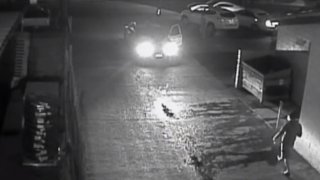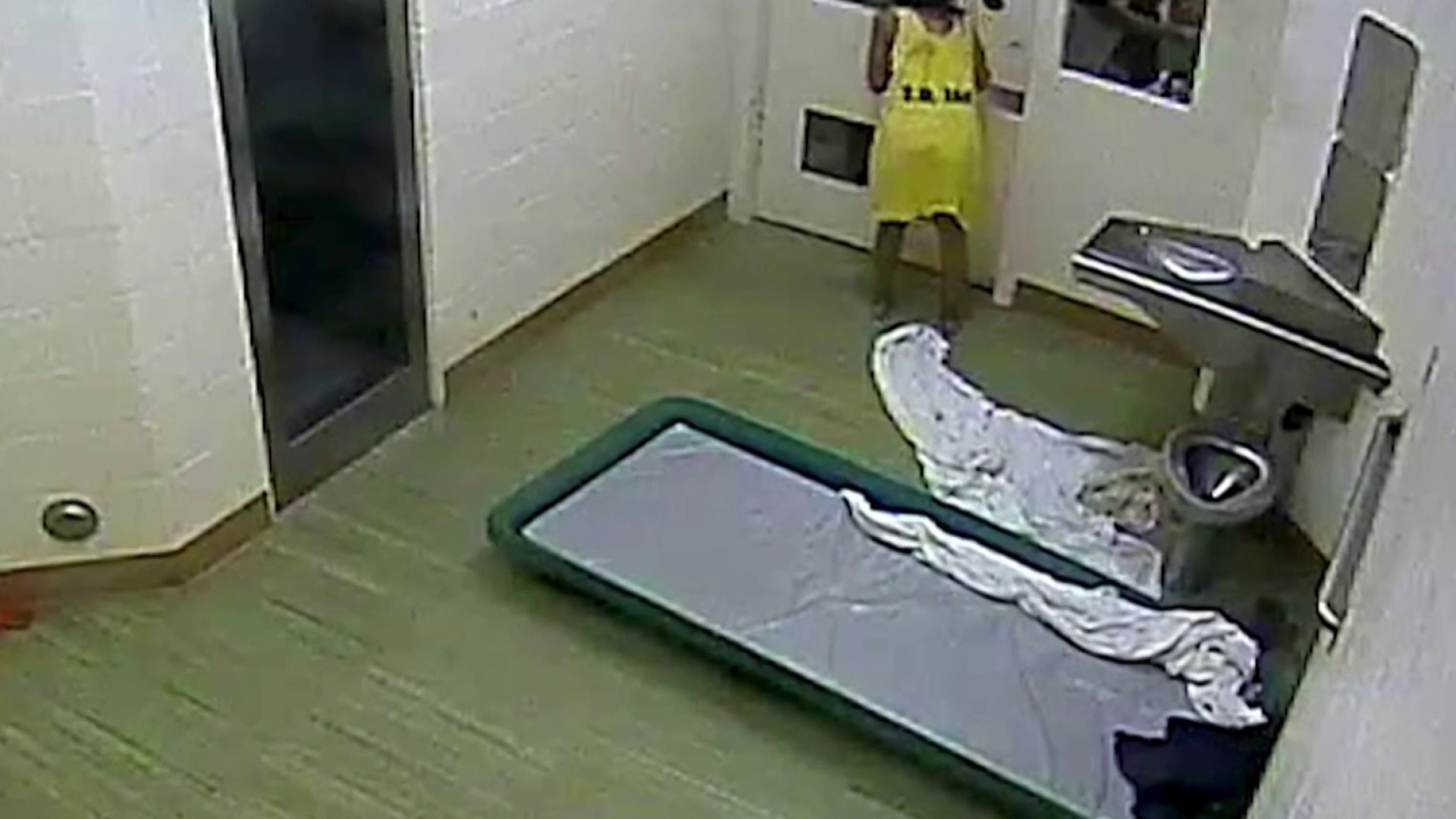
The family of Fridoon Rawshan Nehad, who was shot and killed by an officer with the San Diego Police Department in 2015 in an alley in the Midway District, has agreed to a settlement with the city for a total of $3 million.
The family originally filed a $20 million complaint in the death of the 42-year-old man, arguing that Officer Neal Browder, who was also named as a defendant in the suit, used excessive and unreasonable deadly force when he killed Nehad outside an adult bookstore.
Former San Diego police chief Shelley Zimmerman was a third defendant in the case.
Get San Diego local news, weather forecasts, sports and lifestyle stories to your inbox. Sign up for NBC San Diego newsletters.
“This was a tragedy that resulted from the unjustified shooting of an unarmed man," Dan Miller, the attorney representing the Nehad family and the estate of Fridoon Rawshan Nehad, said in a statement provided to NBC 7. "While we were looking forward to trial, we are pleased that the city has belatedly decided to step up and end the case.”
A spokeswoman for the city attorney's office declined to comment on the settlement agreement pending city council action, and a police spokesman said he had no confirmation of the settlement at this time.
The allegations in the suit were reportedly supported by a man who said he saw surveillance video of the incident and called the shooting “unprovoked” and “shocking” in a signed statement.
Local
Shortly after midnight on April 30, 2015, 911 dispatchers received a call reporting a man threatening people with a knife at the Highlight Bookstore on Hancock Street.
Browder, a 27-year veteran of the SDPD, was the first to arrive on scene and drove his patrol car into the store’s alley. He failed to turn on his body camera during the call, a move that later prompted changes to the SDPD’s policy regarding the devices.
Nehad “emerged from the shadows of an alley near the bookstore and headed directly for Officer Browder,” the city’s replied in its response to the complaint.
Nehad held a metallic pen “that appeared to be a knife,” according to the city. Browder got out of his patrol car with his weapon drawn, yelling at Nehad to "drop it” or "drop the knife.” When Nehad got within 10 or 15 feet of the officer, Browder fired his gun and shot him in the chest. Nehad later died at UC San Diego Medical Center.
Investigators later obtained surveillance video from KECO, a nearby business. However, the department refused to turn that video over to Nehad’s family until they filed a lawsuit, and KECO refused to give it to them without a subpoena.
The family's complaint instead relied upon the declaration of a KECO employee, Wesley Doyle, who said he had seen the surveillance video 20 to 30 times.
Doyle said the footage was “shocking" to see, and believed anybody else who watched it would feel the same. From what he recalled, he said Browder did not make any physical movement like raising his hand to order Nehad to stop, nor did he try to use other measures like a Taser to halt him.
“He did not even get into a shooting stance,” Doyle wrote in his declaration. “The shooting appeared to be unprovoked; Officer Browder appeared to shoot Fridoon hastily.”
In its response to the complaint, the city denied that deadly force was unwarranted and that Nehad was unarmed.
“Officer Browder reasonably believed that plaintiff’s decedent [Nehad] was going to harm him or others, and used only the amount of force that was reasonably necessary to protect himself or others,” the city’s response reads.
Click here for the full answer to the complaint.
In their complaint, Nehad’s parents accuse Browder of deprivation of Nehad’s civil rights, assault and battery, negligence and wrongful death.
The shooting ended Nehad’s long struggle with PTSD and mental illness, his parents said in the complaint. While in the Afghan army, Nehad was captured by a Mujahedeen group and spent nearly two months in captivity, being tortured. He was released when his mother met face-to-face with his captors.
To prevent further injury to their son, his parents said they sent him to Germany for the next 14 years, where he lived away from his family. After the parents fled Afghanistan in favor of the U.S., Nehad joined them there in 2003.
Here in the U.S., he was diagnosed with schizophrenia and bipolar disease. “Fridoon battled against his illnesses for years. He was intelligent, learning new languages (German and French) and taking classes on computer programming, linguistics and literature,” the complaint reads.
But Nehad suffered manic episodes, becoming aggressive and getting in trouble with the law. He pleaded guilty to battery in 2005, was sentenced for burglary in 2008 and was charged with petty theft in 2014.
“Fridoon was loved. His family spent years and countless hours helping him cope with his PTSD and mental illness,” the document said.
However, during one episode, he threatened his mother and sister, and said he would light the house on fire so they could all burn. Investigating police recommended the family get a restraining order to help get Nehad into a shelter in Oceanside, according to the document. His mother filed for the restraining order two days before his death.



